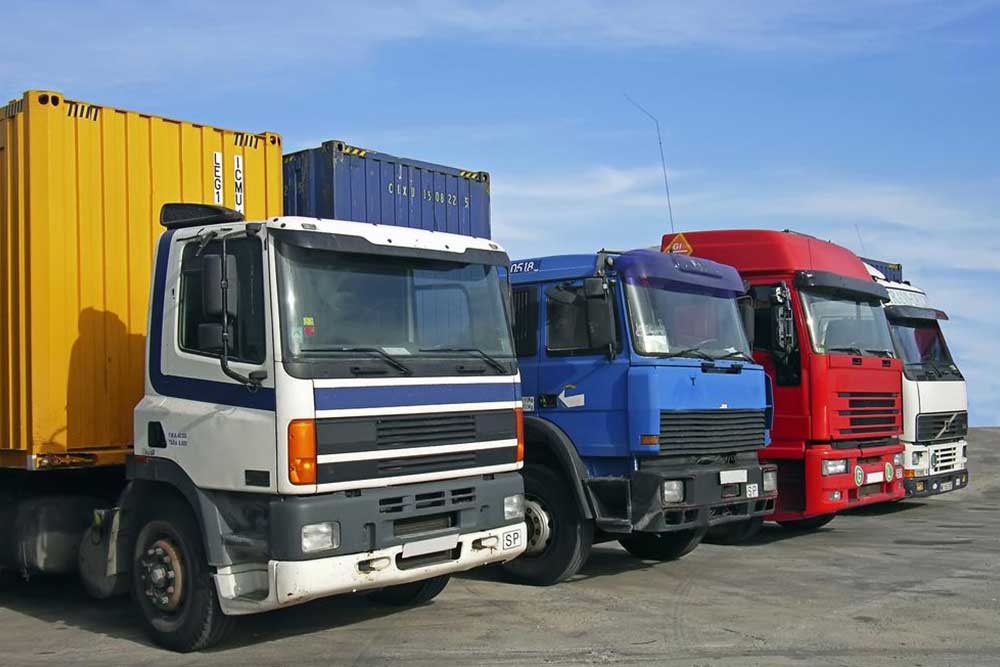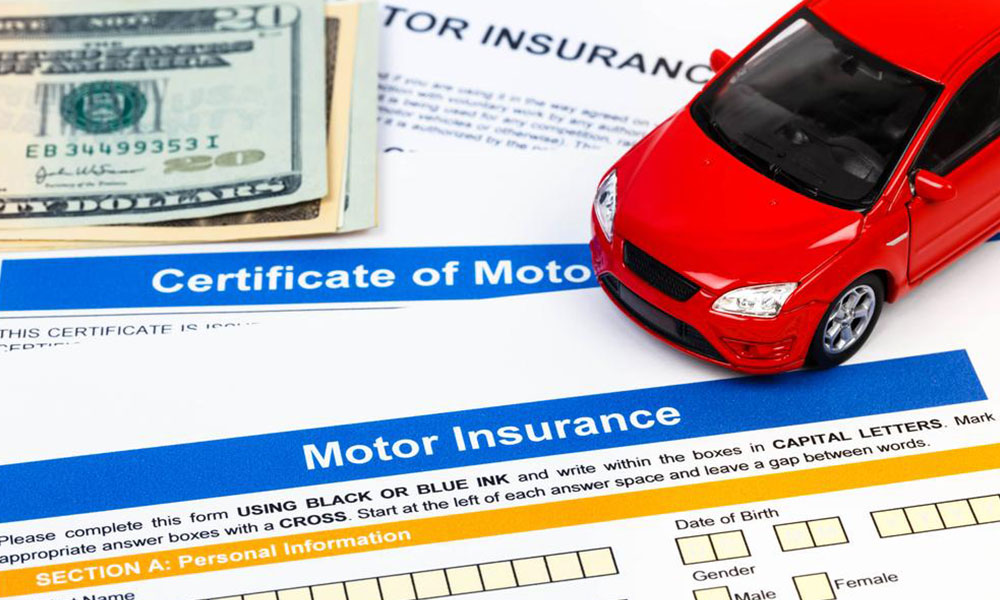Essential Guide to Truck Insurance: Types and Coverage Options
This comprehensive guide covers essential aspects of truck insurance, including liability, coverage for owned and leased vehicles, cargo, reefer breakdown, and additional protections. It highlights top providers like StateFarm, Nationwide, and Progressive, helping truck owners choose suitable policies to safeguard their assets and ensure operational continuity.

Essential Guide to Truck Insurance: Types and Coverage Options
Truck insurance is a crucial requirement imposed by many states for owned, rented, or leased vehicles. Commercial operators and private carriers must insure each vehicle in service. Premium costs depend on vehicle type, cargo, and regional regulations. Insurance helps safeguard your assets and minimizes financial risks. Here’s a concise overview of key coverage options.
Liability Insurance
Commercial truck policies provide both primary and general liability coverage. Primary liability shields owners from claims due to third-party injuries, while general liability covers damages to property or individuals during operations. Some policies also include coverage for loading errors and mishandling cargo, protecting against related damages.
Coverage for Owned and Leased Vehicles
Damage from collisions, vandalism, or natural disasters to trucks—whether owned or leased—is generally covered. Theft coverage is also available, with claims processed after assessments. For semi-trucks hauling interstate cargo, trailer interchange insurance protects leased trailers from damages.
Bobtail Insurance
When trucks return empty or off-duty, bobtail insurance offers protection from liabilities during such periods. It’s beneficial for semi-truck owners when the vehicle is at the repair shop or resting. It covers damages and liabilities during off-work hours, including personal property or property damages.
Cargo Insurance
Since freight handling is critical, cargo insurance offers coverage against damage or theft during long hauls. While not all freight types are covered, it provides truck owners an additional safety net for losses.
Reefer Breakdown Coverage
For perishable goods transported long distances, this insurance covers refrigeration system failures. Any cargo damaged due to refrigeration malfunction or collision can be compensated, though coverage varies based on freight type.
Additional Coverage Options
To mitigate risks from uninsured or underinsured drivers, additional protection can be included. It covers damages from accidents with such motorists, safeguarding truck owners’ investments.
Financial Assistance & Reimbursements
Maintenance and repairs require vehicle servicing. Rental reimbursement helps cover the cost of a replacement truck, ensuring uninterrupted business. Some policies also include medical expense coverage for drivers and passengers, depending on the plan.
Top Truck Insurance Providers of 2021
StateFarm
Operating since 1935, StateFarm is a leading provider for commercial vehicle insurance. Its flexible policies cover owned, leased, or short-term rental trucks, with personalized agent support and comprehensive options. Their policies are bundled for simplicity and clarity.
Nationwide
Nationwide caters to state-mandated insurance needs for commercial fleets. Coverage starts at $100,000 per vehicle, up to $1 million, covering liabilities, cargo, bobtail, and breakdown risks, among others.
Progressive® Commercial
Progressive specializes in heavy-duty and long-haul trucking. They offer tailored quotes for owner-operators and carriers, including motor cargo, liability, trailer interchange, and rental downtime protection. Premiums vary based on vehicle use and driving history, starting around $640 monthly.
Note:
This article offers general trucking insurance insights based on research. While informative, it should not be regarded as conclusive. Always verify policies and current offers with providers before purchase. The editorial team is not responsible for data discrepancies or promotional variations across platforms.










